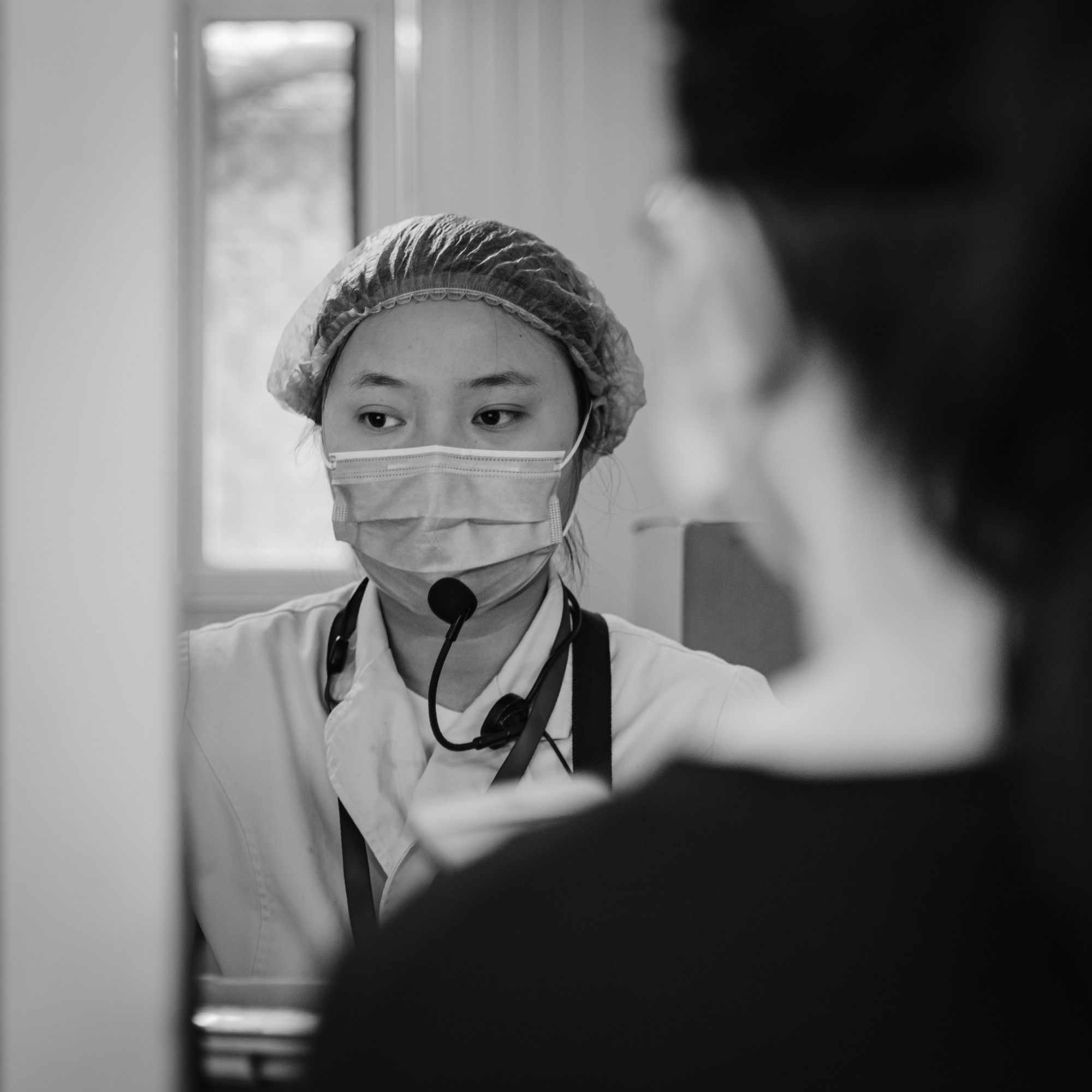Covid-19 has changed everything, from the monumental (how we run schools and businesses) to the mundane (how many times a week we venture out to the grocery store). Undoubtedly, healthcare has felt the brunt of the global pandemic more than most industries. Health systems all over the world have had to adapt quickly to face the new challenges each month seems to bring, leading to an increased demand for innovative new approaches to healthcare training.
Stress on these systems from extreme crisis has forced the industry into a reexamination of how we deliver care. At the same time, changes in the culture are also driving a reexamination of empathy and patient experience. These forces are putting our social instincts to the test and the need for safe, low-risk methods of training and practice are essential to delivering excellent solutions and compassionate care.
One thing that many health experts agree upon is there will never be a return to “normal.” Priorities have permanently shifted. To respond, health systems are adapting new technologies and styles of education to support their employees with the resources they have.
In this blog post we will look at just a few of the new trends we are seeing in healthcare and how learning and development teams are meeting these new challenges.
Resilience Training vs. Burnout Training
It is predicted that the current nursing shortage will only increase in the coming years. One of the most significant effects seen from hospitals being short-staffed is that nurses burn out and leave the field.
Furthermore, empathy has always been the essential to the work of caregivers. Today’s caregivers need to serve a diverse population, often under increasingly stressful conditions, bringing a new level of compassion and empathy.
The two solutions that hospitals look to solve the nursing shortage and the need for enhanced social instinct skills are in new technology and training stronger, more empathetic frontline leaders. The ability to practice upleveling their instincts allows caregivers to continue to serve those under their care. While new technologies can help nurses become more efficient, they risk reducing important facetime with patients.
In a recent Mursion Healthcare Roundtable, guest speaker Dr. Kelly Makino spoke on resilience training. Burnout is now recognized by psychologists as a physiological disorder on par with depression or anxiety. When an employee is feeling burnt out, it could already be too late. That’s why many health systems are turning to resilience training, not only to teach frontline employees how to deal with trauma, but also to teach leaders how to spot the warning signs of burnout. With proper training, leaders are getting better at making sure nurses are getting what they need, and a hospital’s top performers are not always doing the most challenging work.
Cultural Competency
Hospitals train for cultural competency because a lack of culturally competent care leads to decreased satisfaction, reduced patient confidence, and ultimately negative outcomes for culturally diverse patients. Covid-19 has hit our BIPOC communities the hardest, and healthcare will have to come to terms with the trauma felt by our most underserved communities for decades.
Leading organizations that truly serve a diverse population, especially in times of extreme stress on the system, calls for leaders to hone their social skills like never before. With the amount of decision making and challenging interactions they must participate in daily, leaders need to have confidence in their instincts.
Cultural competency training is going beyond awareness at this point. Many corporations and healthcare organizations are focusing on changing behavior and preparing their frontline workers with the necessary soft skills to act with empathy and compassion in one of our most demanding jobs.
Telemedicine
Telemedicine has boomed over the past year. Many patients are afraid to visit hospitals and go to their doctors in person for fear of health risks. Telemedicine has been an adequate solution for many of these patients, however, telemedicine requires new skills on behalf of the physicians. Efficiently operating technology, helping patients walk through simple tests, and building rapport over a phone or computer are soft and technical skills that have to be relearned by telemedicine professionals.
Adaptive Learning
Shortage of hospital staff has led to specialized microlearning in healthcare training that allows frontline workers to learn/upskill not only on their own time but also in their own way. An evolution of adaptive learning seeks to give learners information before they need it most. As new technologies and methods are being developed and implemented every day, it has become critical for frontline healthcare workers to be able to learn on the job.
This post was written by Paul Egan, a member of Mursion’s Growth team. To get in touch with Paul, email [email protected].
Subscribe for the latest Mursion articles and updates.
By clicking the sign up button above, you consent to allow Mursion to store and process the personal information submitted above to provide you the content requested. View our Terms and Conditions.




